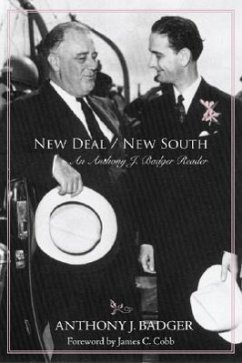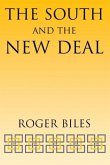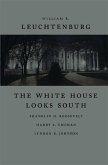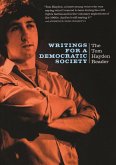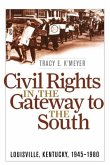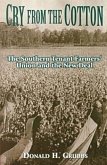The twelve essays in this book, several published here for the first time, represent some of Tony Badger's best work in his ongoing examination of how white liberal southern politicians who came to prominence in the New Deal and World War II handled the race issue when it became central to politics in the 1950s and 1960s. Franklin Roosevelt in the 1930s thought a new generation of southerners would wrestle Congress back from the conservatives. The Supreme Court thought that responsible southern leaders would lead their communities to general school desegregation after the Brown decision. John F. Kennedy believed that moderate southern leaders would, with government support, facilitate peaceful racial change. Badger's writings demonstrate how all of these hopes were misplaced. Badger shows time and time again that moderates did not control southern politics. Southern liberal politicians for the most part were paralyzed by their fear that ordinary southerners were all-too-aroused by the threat of integration and were reluctant to offer a coherent alternative to the conservative strategy of resistance.

